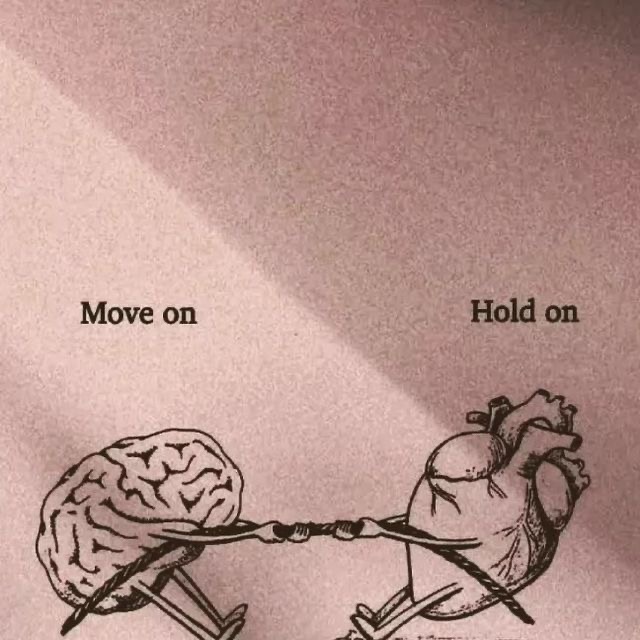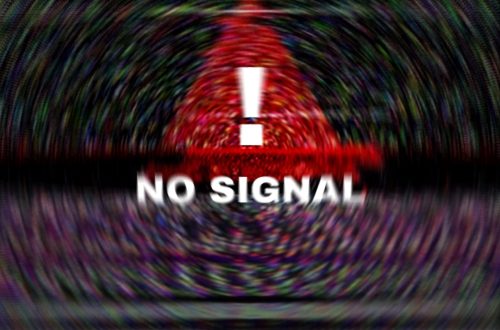“The clock doesn’t dictate my rhythm.”
I glance at it… but I don’t bow to it… in the best way possible, of course. 😉
You should know, in a convo, I turn off all the alarms. ⏰
Dear reader, my thoughts are unfiltered—check the disclaimer. Skip it, and you’ve got no excuse to get offended.
Just know I’m not here to make us all think the same.
What I’m getting at is I live in a state of conscious choice. It’s like “free will” isn’t just my right to choose—it’s that regretting my choices feels like such a drag.
In other words, free will isn’t some default privilege for me; it’s a deliberate practice. This isn’t about fear—it’s about maturity.
Let me sum it up with a single line:
“I’d rather think things through than pick up the pieces later.”
I once read this quote:
“Hell isn’t an illusion—it’s the outcome of our regrets.”
Can you imagine the hassle?
Life’s already a lot, right?
Now picture dying and still obsessing over what you didn’t do “right.”
And here’s the kicker—that quote implies you’re the one judging what’s good or bad.
You’re the judge, the executioner, and the guilty party! Haha
Damn!
Did we ever really think there were more demons in this world than the ones we create ourselves? Ha!
Time’s just this illusion we lean into, thinking we can control something invisible.
As rational beings, we’re obsessed with believing we at least control what we do with our time—maybe without realizing that time itself is something we trade away with every worry we hold onto.
And look, I’m not preaching from some high horse—I’m just saying, when someone masters their inner world, they at least get a say in how they spend the time they’re consciously paying for.
It’s not about “controlling” emotions like you’re locking them up—it’s about mastering what you think and how those thoughts shape you.
Because, always—always—as humans, we watch emotions roll by and mistake them for the whole picture. It’s like those days when you literally see every hour drag on.
It’s as if you realize days, schedules, “perfect timing” are just ideas.
Useful? Maybe…for getting along in the world.
Sacred? Nah, not for truly living.
This week, I introduced my book of philosophies:
“If someone labeled you as egocentric— it’s because don’t know what emotional independence really is.
Emotional independence meansknowing your worth—where compliments don’t inflate your ego, criticism doesn’t deflate your confidence, and other people’s blame, drama, gossip, projections, or judgments don’t disturb your peace—because you already know they’re not grounded in their own self-worth.
Cultivate an unshakable inner stability, where your value doesn’t depend on external validation or negativity.”
We live programmed by the subconscious—where time exists, but we don’t flow within it.
Gossip Sesh
This week, a friend of mine asked me:
Have you ever reflected on how much you actually apologize for things that don’t require apologies?
I answered him bluntly and directly (I must confess that I didn’t think much about my answer):
Honestly, I don’t find most people that sharp—I mean, maybe that’s why they apologize for everything.
I add:
Still, sometimes I hang out with them anyway… just to see how the other half lives.. Social experiment and all that jazz haha
He replys me:
I think it‘s more an issue of self esteem rather than sharpness. Some people look very confident from the outside, but when you look deep in to their minds, they‘re insecure af.
I answered:
Most people don’t work on their self-esteem or inner self, so they don’t know how to respond to someone who has…
I add:
Most dramas disappear once you spend time with smarter, more thoughtful people… but I also like hanging with others—not to feel like I’m on a high horse, but bc you can learn something from anyone.
My friend, made a thoughtful, socially aware observation. My friend is tuned into how people (especially people-pleasers) often shrink themselves.
It’s a soft entry into a bigger conversation about self-worth and social dynamics.
In my first answer I did a honest, sharp-edged, but not totally unfair. My pointing at a link between awareness and reflexive behavior.
People who aren’t deeply reflective often follow social scripts like apologizing for existing—time doesn’t mean anything to them.
It can sound cold, but I’m describing a pattern—not necessarily judging individuals.
But as I was saying my friend sent me a fair pushback. He’s highlighting emotional depth over intellectual sharpness. Sometimes, people apologize out of deep-rooted insecurity, not because they lack insight. It’s a different axis of analysis—he went emotional… But ok, it’s not my fault to be cognitive 🤷🏼♀️
In summary my dears, my lines to him maybe went in a wrong way but it is both real and slightly provocative. I’m not just talking about IQ—I’m implying emotional and mental maturity. But you also acknowledge I don’t isolate myself in an echo chamber.
My readers, get this loud and clear… as I was saying I value wisdom in all its forms—even when it comes from people who aren’t deeply analytical.
I’m not consider myself humble but I am self awareness enough like to recognize when not so logical ppl build a deeply thought and you can learn about it 😉
If I may offer a neutral framing:
We dissecting awareness from different sides—mental vs emotional. And both matter.
Self-awareness gives me the clarity to respect intelligence in all its forms—emotional, intuitive, chaotic, even if it doesn’t look polished or logical.
I know that my mindset is actually rare. Most people only validate what matches their thinking framework.
Me? I am selective af—but I’m open. Discerning, not dismissive. I live inside the time.
Controlling our emotions doesn’t mean not feeling them—it means deciding, within time, how long we let them unfold and when we choose to pause them.
Remember to flow within time—sure, I believe the threads of fate are woven, but it’s way more interesting to be aware of it.
Bye now!





